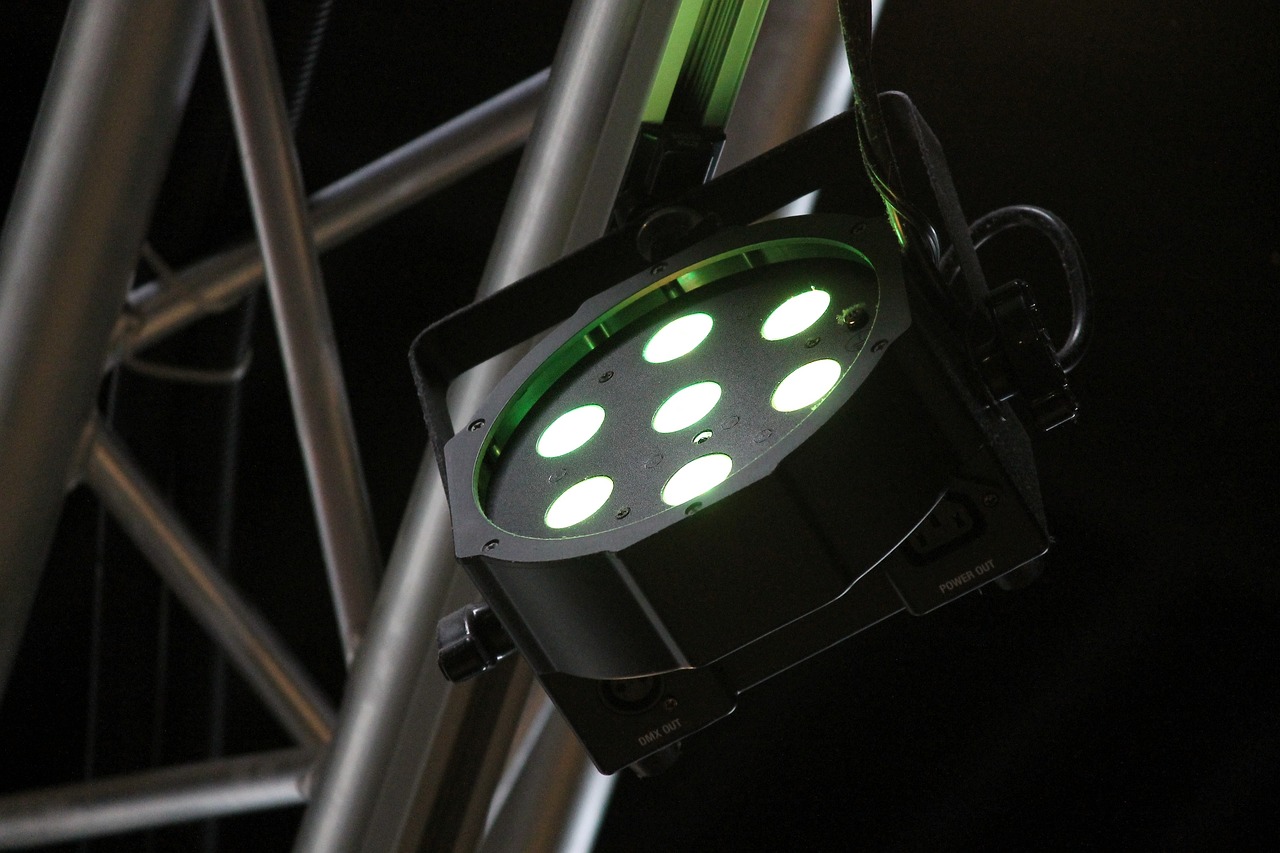Robotics in Manufacturing: A New Industrial Revolution
In recent decades, the manufacturing industry has witnessed a significant shift towards the integration of robotics in production processes. Robotics technology has rapidly evolved, from basic automations in the early stages to sophisticated and adaptable robotic systems today. These advancements have revolutionized the way products are manufactured, allowing for increased precision, efficiency, and flexibility in production lines.
The evolution of robotics in manufacturing has been driven by the continuous innovation in artificial intelligence and machine learning. Robotics systems have become more intelligent and autonomous, capable of learning from their environment and adapting to changing conditions in real-time. This has led to a reduction in production costs, improved product quality, and enhanced workplace safety in manufacturing facilities.
The Impact of Robotics on Production Efficiency
Robots have significantly revolutionized the manufacturing sector by enhancing production efficiency. These machines are capable of working tirelessly without breaks, leading to a substantial increase in productivity levels within a shorter timeframe. By automating various tasks, robots have streamlined processes and reduced the margin of error, resulting in higher-quality products being manufactured at a faster rate.
Furthermore, the introduction of robotics in production lines has optimized resource utilization and reduced wastage. Robots can perform repetitive tasks with precision and consistency, thereby minimizing material waste and maximizing the utilization of raw materials. This efficiency not only contributes to cost savings but also allows manufacturers to meet the growing demands of consumers in a timely manner.
Automating Repetitive Tasks with Robotics
Robots have significantly transformed the way repetitive tasks are handled in various industries, particularly in manufacturing. The implementation of robotics in these sectors has not only increased efficiency but also allowed human workers to focus on more complex and creative tasks. This shift towards automation has revolutionized production processes, leading to improved productivity and precision.
By utilizing robots to handle routine and monotonous tasks, companies can streamline their operations and reduce the risk of errors and inconsistencies. This has not only resulted in cost savings but has also enhanced the overall quality of products. With robotics automating repetitive tasks, businesses can meet the growing demands of consumers while maintaining high standards of efficiency and effectiveness.





